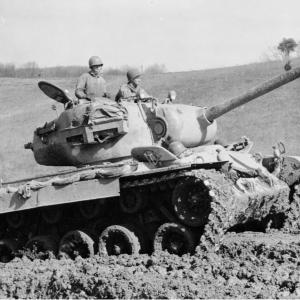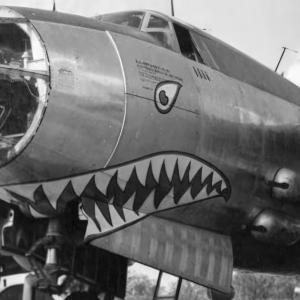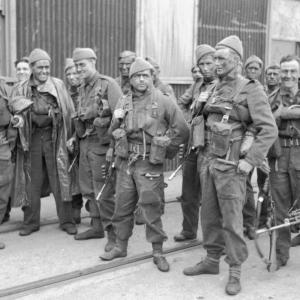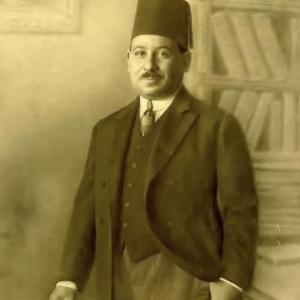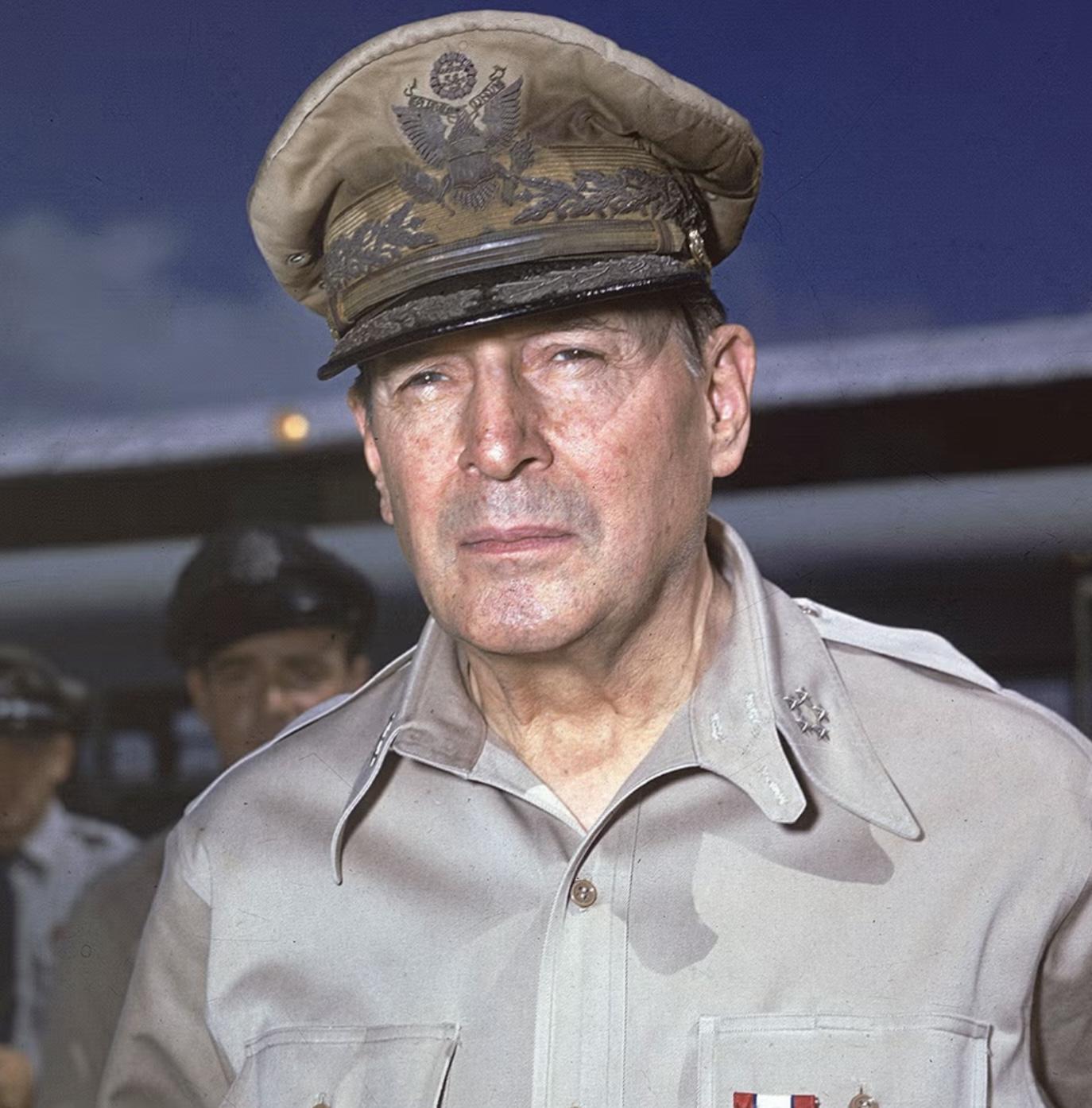
General Douglas MacArthur
Douglas MacArthur was born on January 26, 1880, in Little Rock, Arkansas, into a family with a strong military tradition. His father, Lieutenant General Arthur MacArthur Jr., was a Medal of Honor recipient for his service during the American Civil War. Growing up in various military posts, Douglas was immersed in military culture from an early age. He entered the United States Military Academy at West Point in 1899 and graduated first in his class in 1903, earning high marks in both academics and leadership. His early service included engineering assignments in the Philippines, Japan, and the United States, where he quickly distinguished himself with his intelligence and ambition.
MacArthur’s early military career was marked by steady promotions and increasing responsibility. He served as an aide to President Theodore Roosevelt and then to the Army Chief of Staff. During the Mexican Expedition in 1914, MacArthur was involved in reconnaissance missions along the Mexican border, where he narrowly escaped ambushes and showed signs of daring and independent judgment that would characterize his later command style. When the United States entered World War I, he was assigned to the 42nd “Rainbow” Division, eventually rising to become its chief of staff and later a brigade commander. He was recognized for his front-line leadership and bravery, often visiting the trenches and engaging directly with troops under fire. He was wounded, gassed, and decorated for valor multiple times.
After the war, MacArthur became Superintendent of West Point in 1919, where he implemented significant academic and disciplinary reforms. He emphasized modernizing the curriculum and loosening some of the overly rigid systems that had governed cadet life. In 1925, he was promoted to major general, one of the youngest officers to attain that rank at the time. He then served in several important positions, including commander of the Philippine Department and later as Chief of Staff of the U.S. Army from 1930 to 1935. As Chief of Staff during the Great Depression, MacArthur struggled with severe budget cuts but pushed for military readiness and modernization. One of the most controversial moments of his career came in 1932, when he led the military dispersal of the Bonus Army—a group of World War I veterans who had gathered in Washington, D.C., demanding early payment of a promised bonus. The forceful eviction, involving tanks and tear gas, damaged his reputation among many Americans.
After stepping down as Chief of Staff, MacArthur returned to the Philippines to serve as military advisor to the newly established Commonwealth government under President Manuel L. Quezon. In 1937, he officially retired from the U.S. Army but remained in the Philippines in a semi-official role. With tensions rising in the Pacific, MacArthur was recalled to active duty in July 1941 as commander of United States Army Forces in the Far East. When Japan attacked Pearl Harbor in December 1941, Japanese forces simultaneously launched a massive invasion of the Philippines. Despite some planning and a strong defense, MacArthur’s forces were outmatched, and he withdrew to the Bataan Peninsula and later to Corregidor. In March 1942, under direct orders from President Roosevelt, MacArthur left the Philippines for Australia, vowing, “I shall return.”
MacArthur became the Supreme Commander of Allied Forces in the Southwest Pacific, and his leadership was crucial in halting the Japanese advance. He orchestrated a series of bold island-hopping campaigns, bypassing heavily fortified Japanese positions and cutting off supply lines. Victories in New Guinea, the Solomon Islands, and other strategic points paved the way for his eventual return to the Philippines in October 1944. He came ashore at Leyte, fulfilling his promise. The campaign to liberate the Philippines was fierce and costly, but ultimately successful. In recognition of his leadership, MacArthur was promoted to General of the Army, a five-star rank, in December 1944.
At the conclusion of World War II, MacArthur was appointed Supreme Commander for the Allied Powers in Japan. He effectively became the ruler of occupied Japan from 1945 to 1951. During this period, he oversaw massive political, economic, and social reforms. He dismantled Japan’s military structure, instituted a new constitution that renounced war, and promoted democratic institutions. He encouraged women's suffrage, land redistribution, labor rights, and the reconstruction of Japan’s economy. MacArthur’s work was largely seen as a model of successful postwar governance and helped lay the foundation for Japan’s recovery as a peaceful and prosperous nation.
In 1950, war broke out on the Korean Peninsula when North Korean forces invaded South Korea. MacArthur was given command of United Nations forces to repel the invasion. His initial strategy helped stabilize the situation with a defensive line around Pusan, and he then led the daring amphibious landing at Inchon, which caught North Korean forces off guard and turned the tide of the war. U.N. forces advanced rapidly, nearly reaching the Yalu River, which marked the border with China. MacArthur believed victory was near and proposed expanding the war into Chinese territory, potentially even using nuclear weapons. His aggressive stance clashed with President Harry Truman’s desire to avoid a wider war with China and the Soviet Union.
Tensions between MacArthur and the Truman administration grew. MacArthur began to publicly criticize administration policy, issuing statements that questioned the president’s authority and advocated a more aggressive military approach. This defiance ultimately led to his dismissal. On April 11, 1951, President Truman relieved MacArthur of command, citing insubordination and the need to preserve civilian control of the military. The decision was met with outrage by many Americans, and MacArthur returned to the U.S. to a hero’s welcome. He addressed a joint session of Congress in a famous farewell speech, stating, “Old soldiers never die; they just fade away.”
After his dismissal, MacArthur retired from active service and never again held public office. Though he briefly explored the possibility of running for president, he never launched a formal campaign. In the following years, he wrote his memoirs and occasionally advised presidents, but his influence diminished. He spent his later life in relative quiet, with occasional public appearances. In 1962, President John F. Kennedy awarded him the Sylvanus Thayer Award for service to the nation. Douglas MacArthur died on April 5, 1964, at the age of 84, and was buried with full honors at the MacArthur Memorial in Norfolk, Virginia.
MacArthur’s life was marked by intense ambition, strategic brilliance, and fierce independence. He rose through the ranks through merit, family legacy, and his own forceful personality. He played central roles in three major wars—World War I, World War II, and the Korean War—and was deeply involved in shaping the postwar world. Though controversial and often polarizing, his career had a lasting impact on American military policy, civil-military relations, and international affairs.

